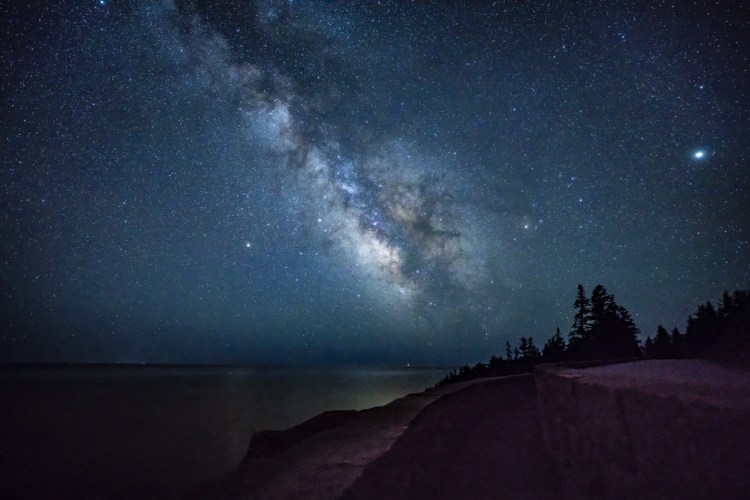Harriet Tubman used the North Star to smuggle slaves out of the South, our ancestors relied on the night sky to navigate the globe, so what will future generations miss under the blanket of a star-less sky?
It’s not just animals that suffer from light pollution. Human patterns and thinking – from the mundane to the majestic – are also disturbed by night lights.
For one, our circadian rhythms suffer from delayed melatonin production, meaning that it takes us longer to fall asleep at night. And when we do, it’s often not a good night’s sleep – especially if a blaring streetlight is peeping through the window blinds.
Beyond that, “The night sky is a reminder of our place in this universe,” according to filmmaker and dark-sky advocate Sriram Murali. “The universe gives us this perspective, this sense of belonging. Without this sense of belonging, it only increases the differences between us all as humans.”
Murali also stresses the importance of the night sky for instilling wonder in children.
“Millions of children will never see a sky full of stars. Astronomy arouses children’s curiosity. When they look at the stars and ask questions like, ‘Why does this happen?’ and ‘What is it doing?’ it gets them interested in science and nature, and in general makes them care more about everything around them.”
— SURYA MILNER
‘STARS OVER KATAHDIN’
WHAT: Various programs to celebrate dark skies, including a film screening, sky-gazing and educational talks. Watch for “Saving the Dark,” director Sriram Murali’s documentary about preserving dark skies.
WHEN: Oct. 1-8
WHERE: Various locations in Penobscot County
INFO: Look on the Katahdin Woods and Waters website, friendsofkww.org
Send questions/comments to the editors.



Comments are no longer available on this story